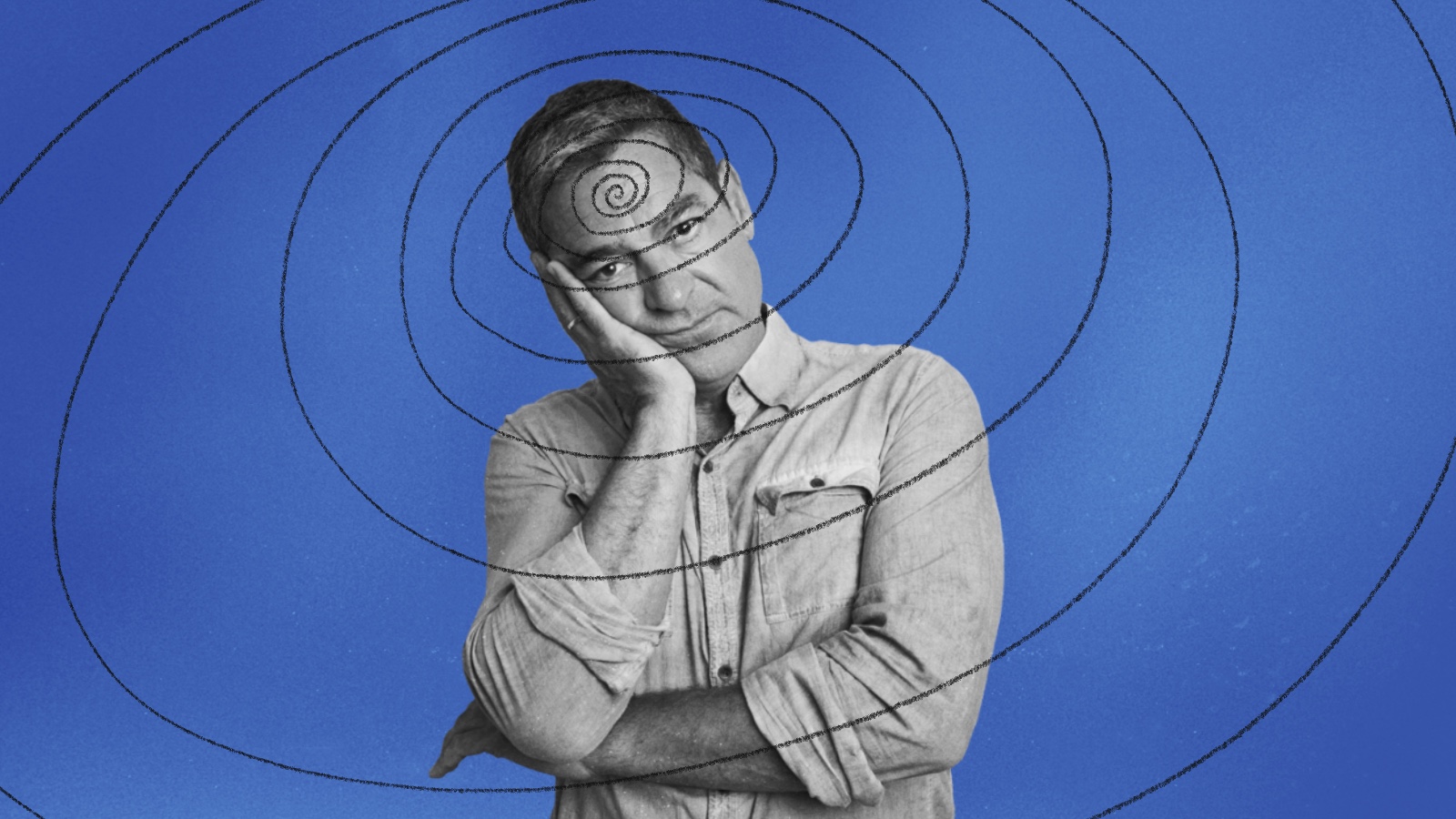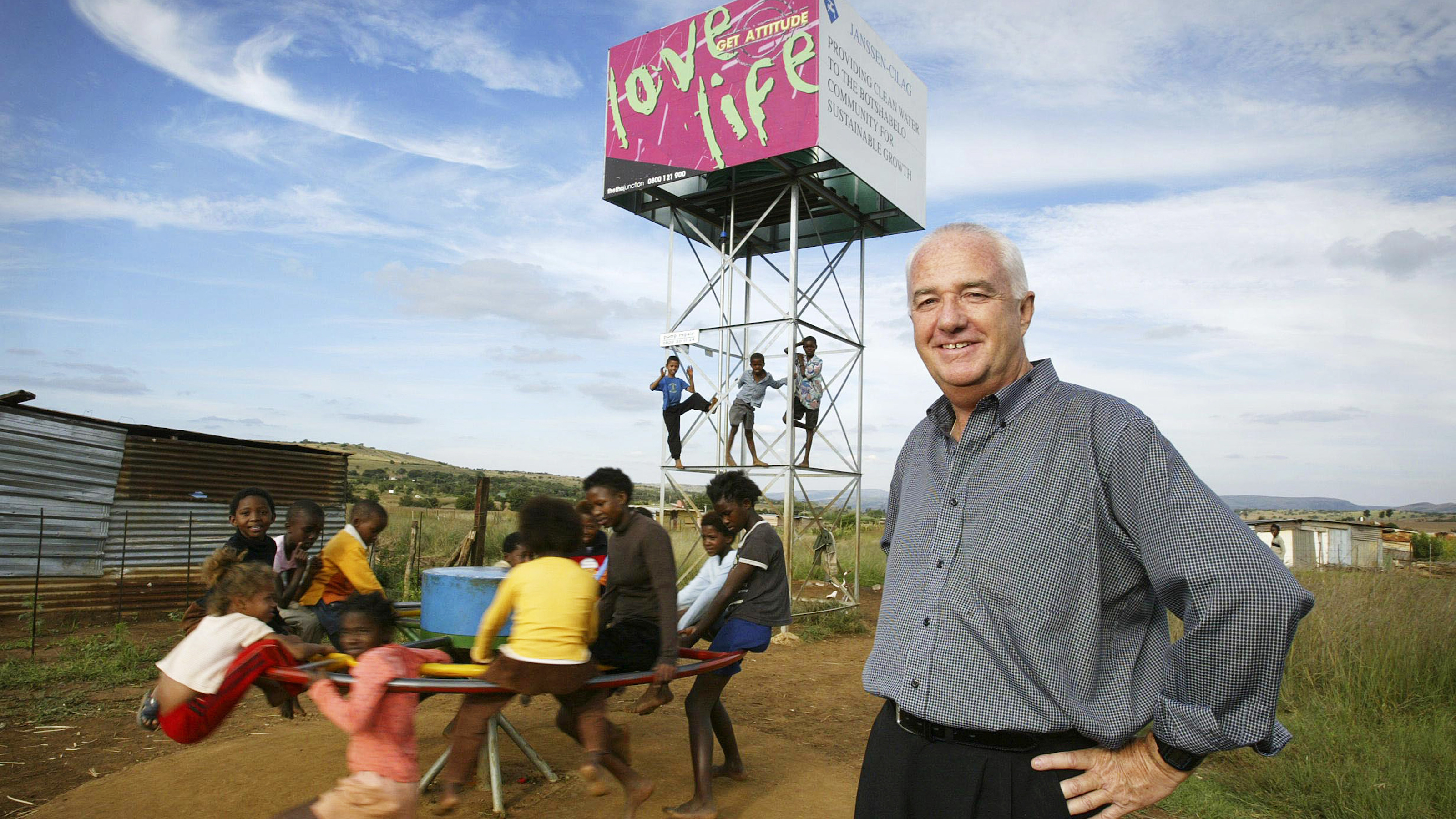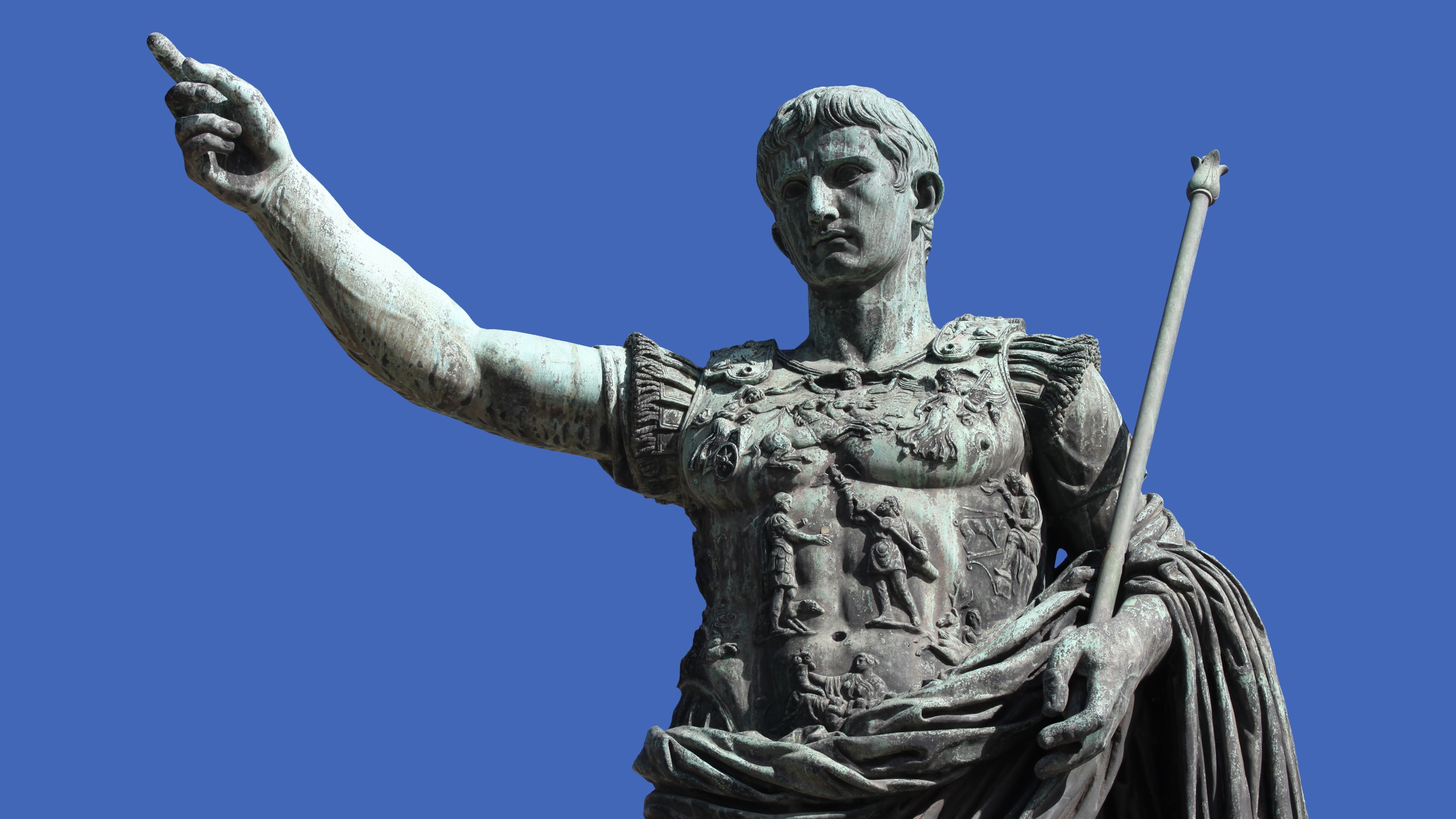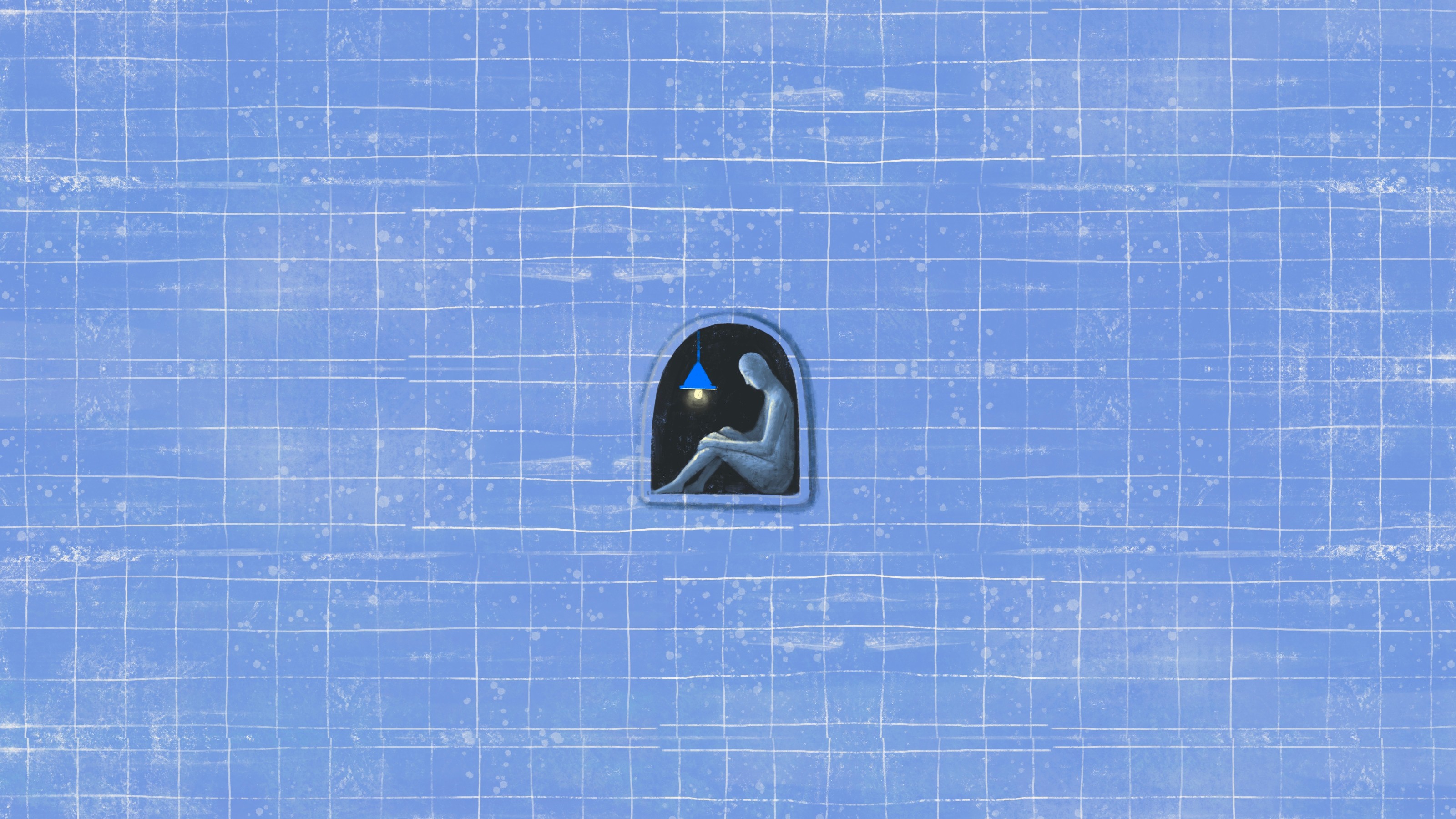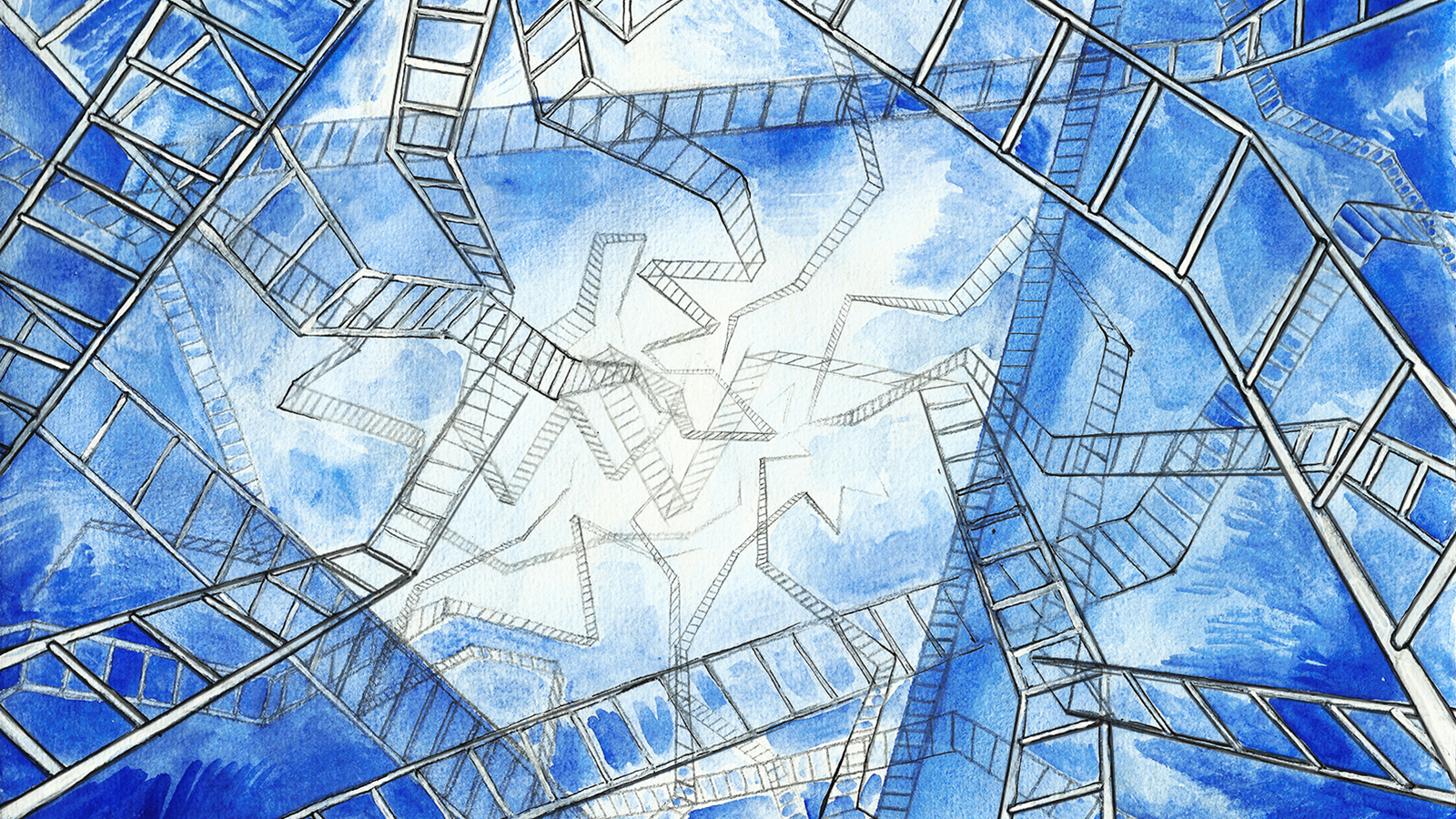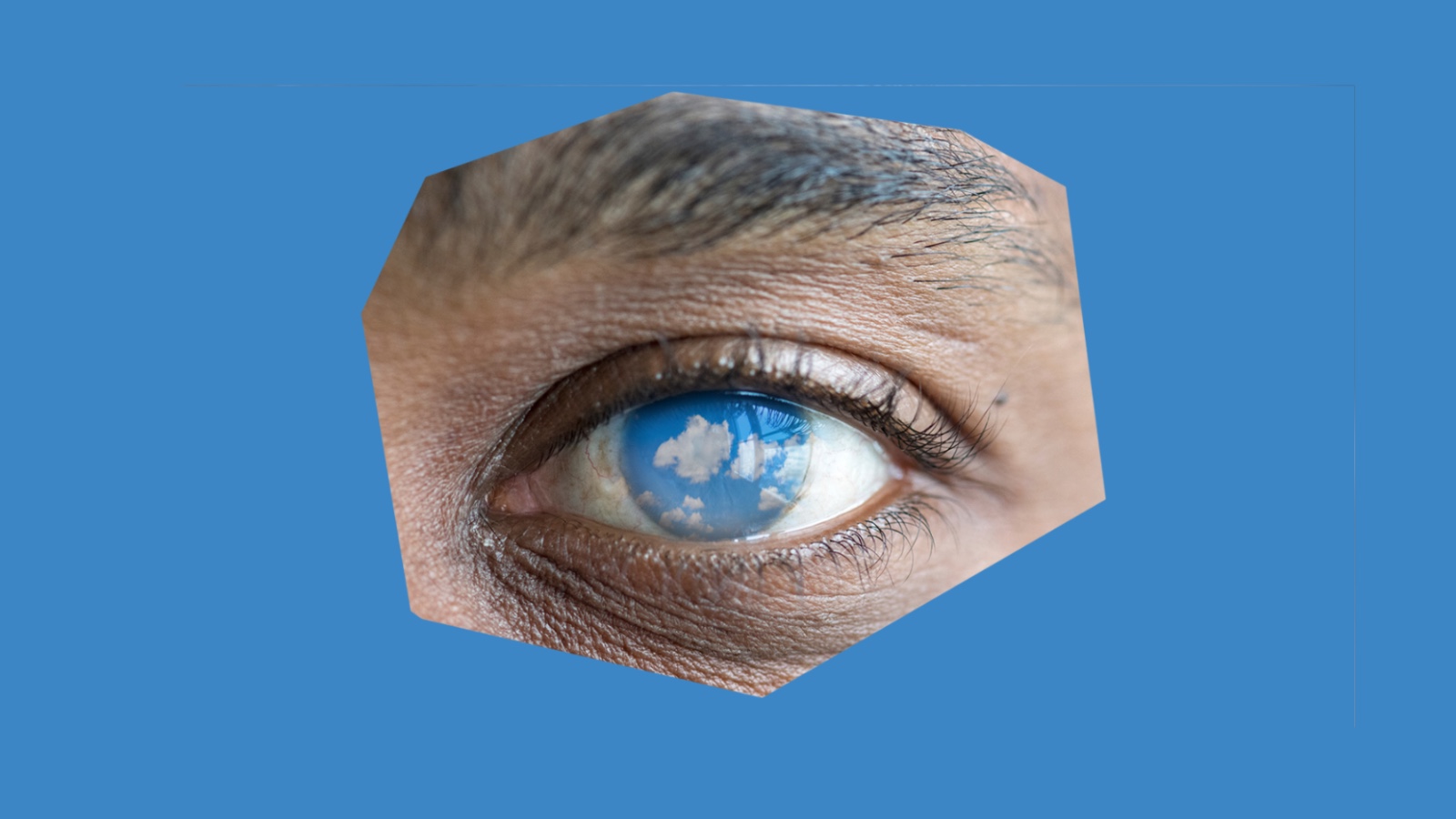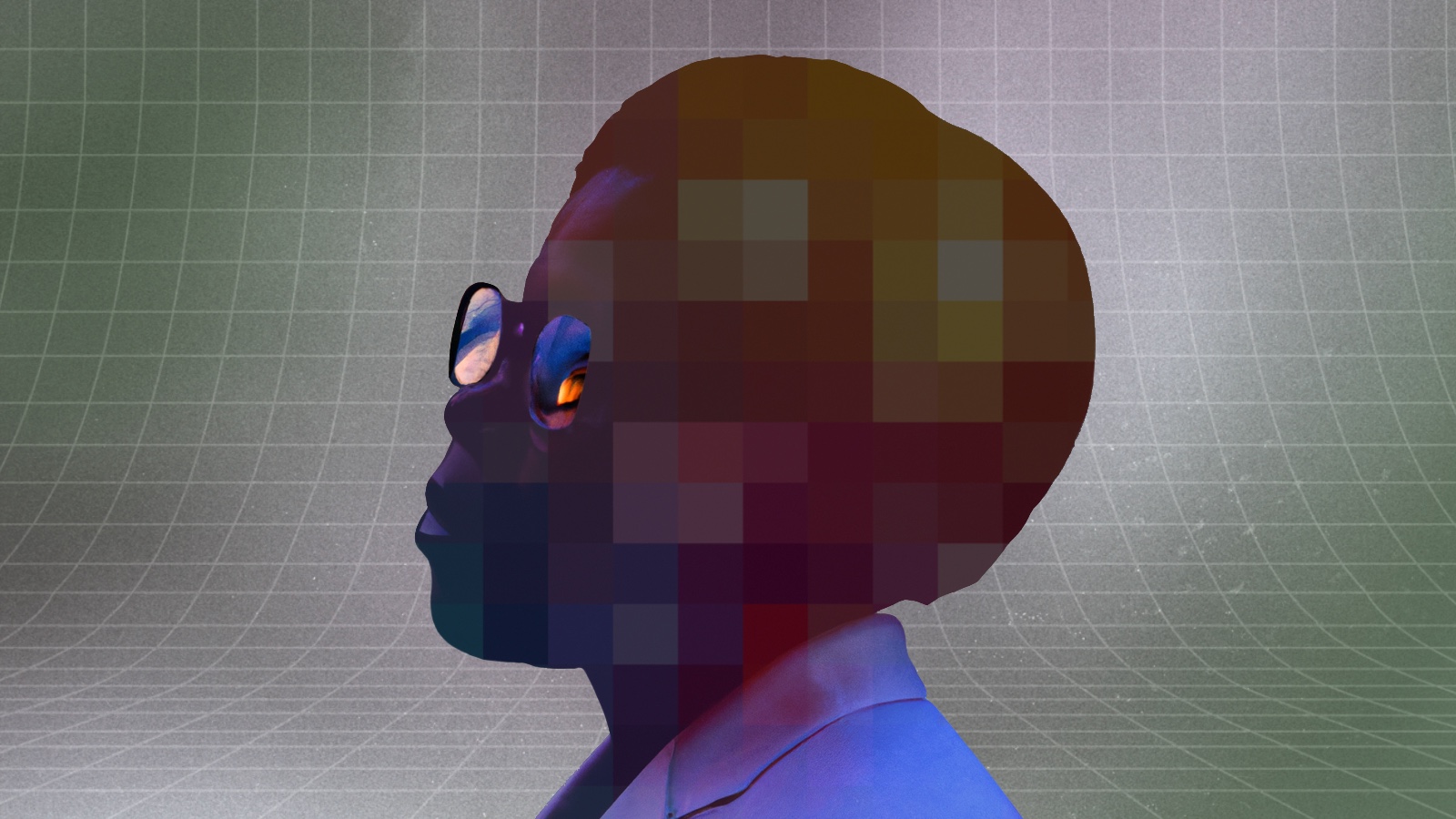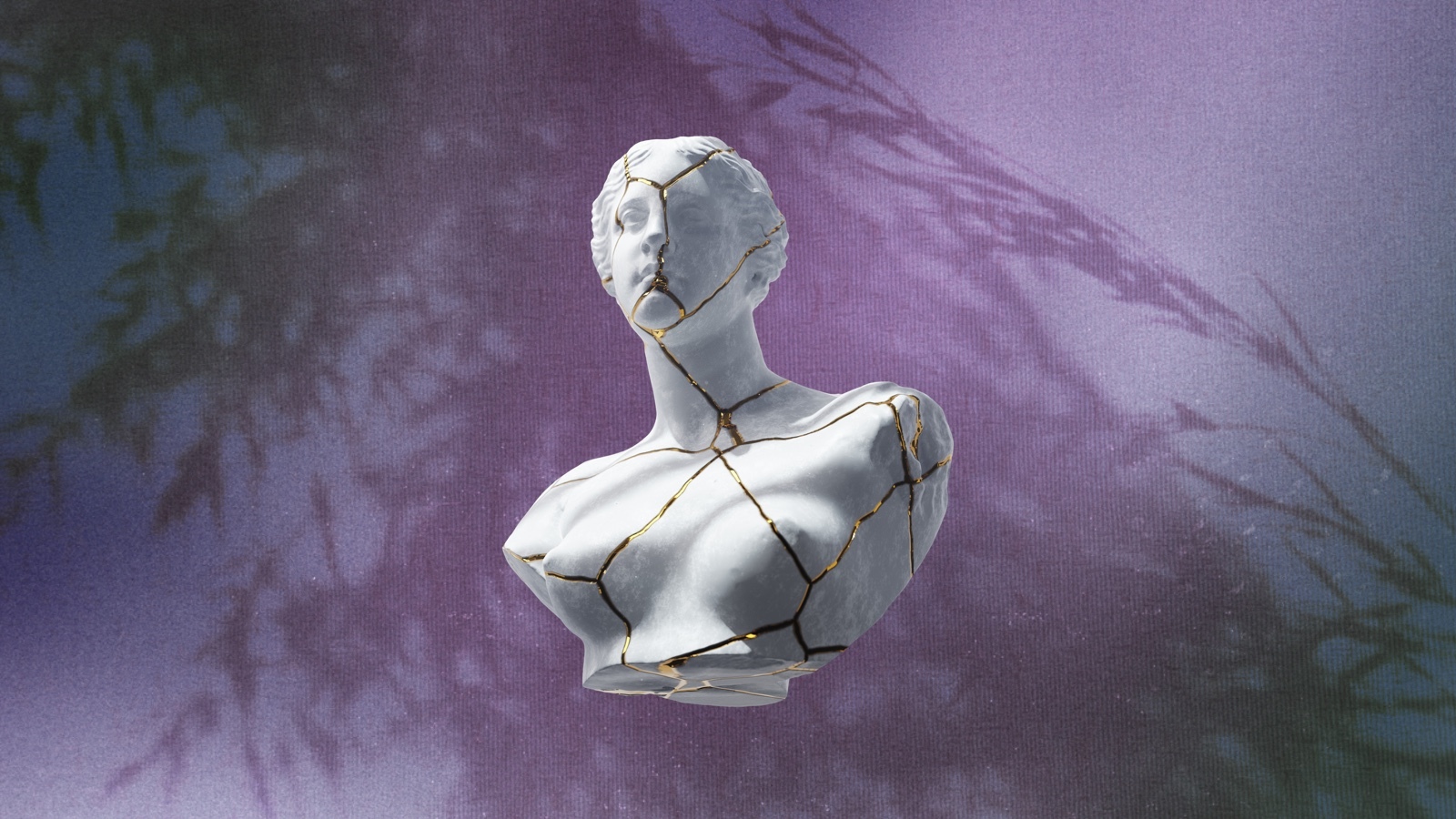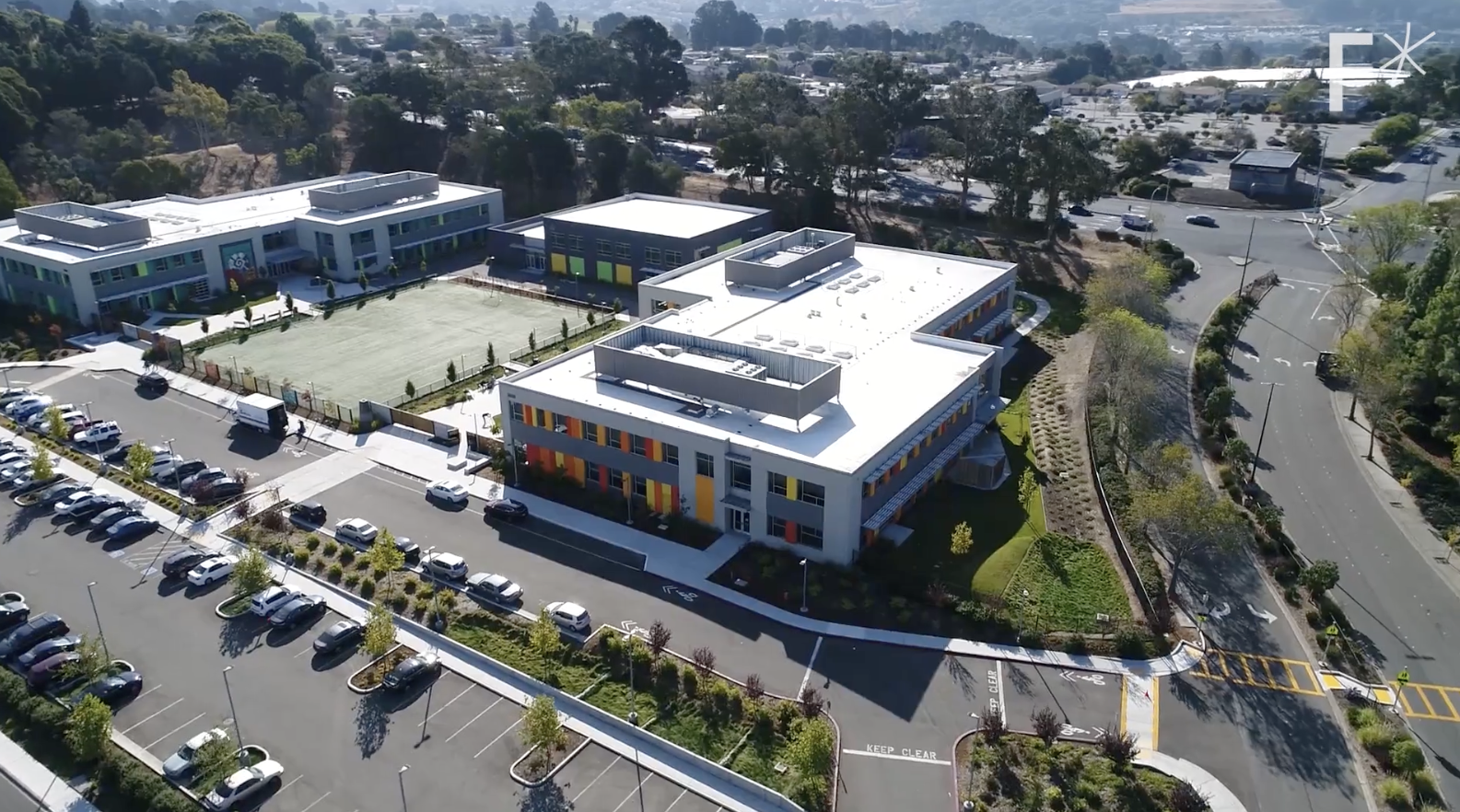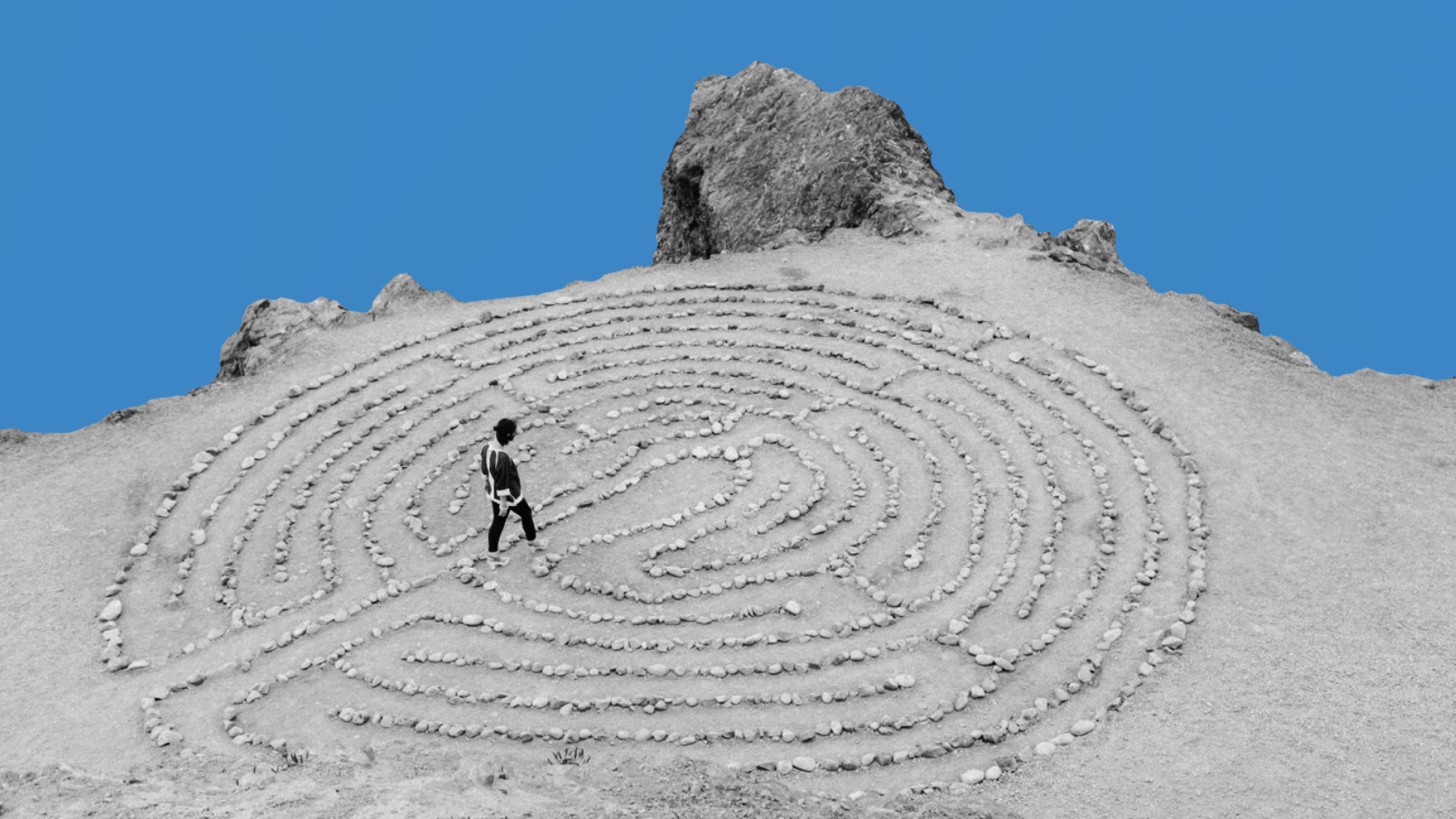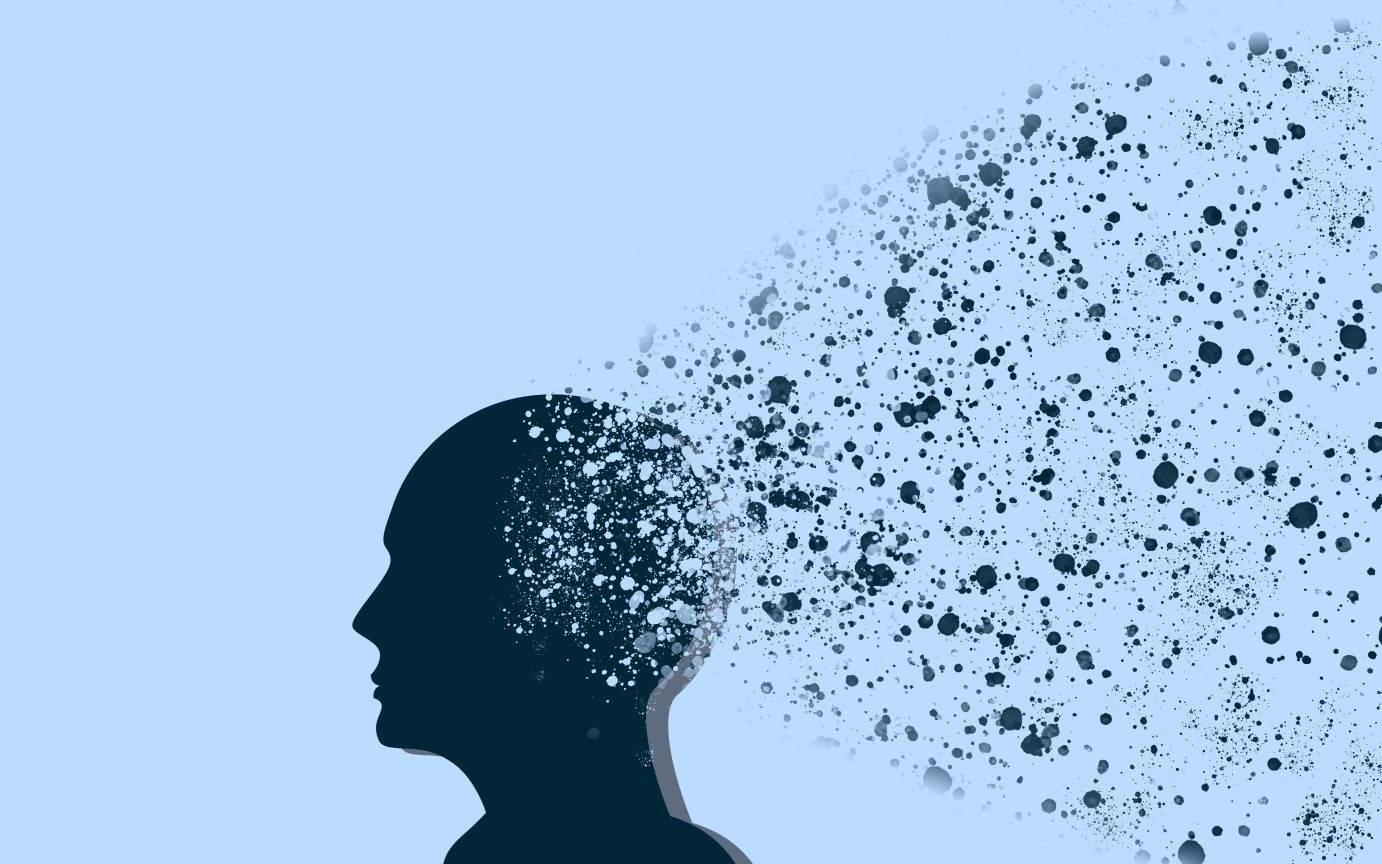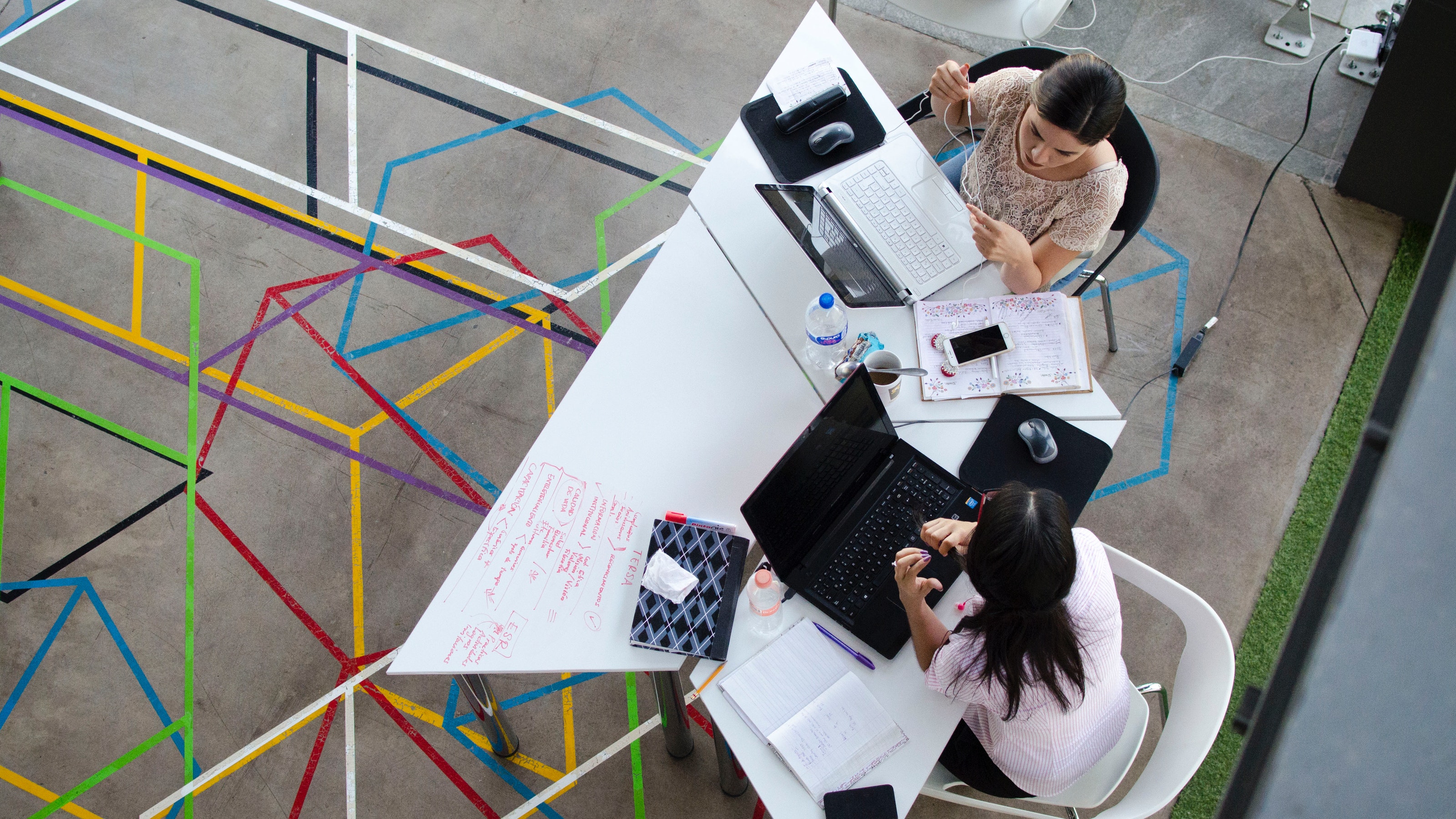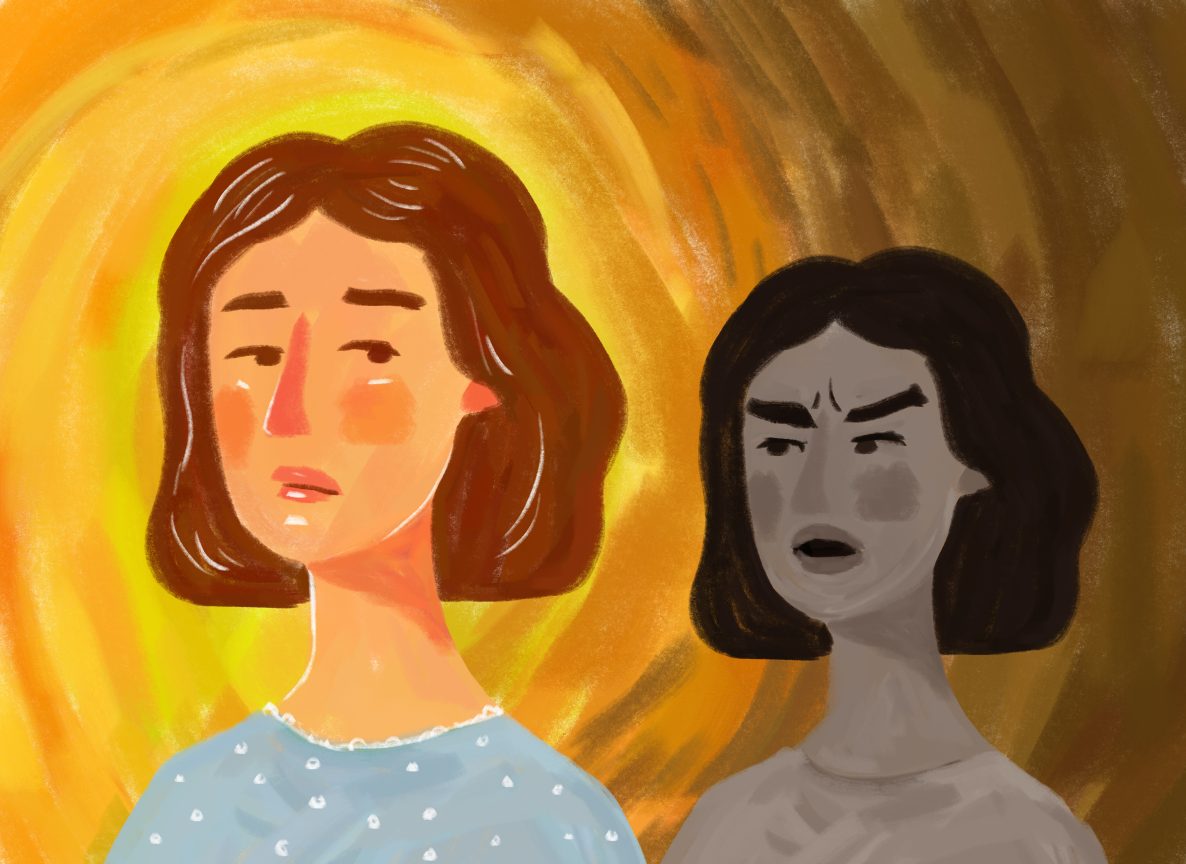The Learning Curve
Build your life better, smarter
Big Think and Big Think+ present The Learning Curve, a place where lifelong learners can find expert-led, science-backed advice for building their careers, improving their relationships, and living life to the fullest. Discover new strategies for tackling the relevant challenges and significant problems you face today.
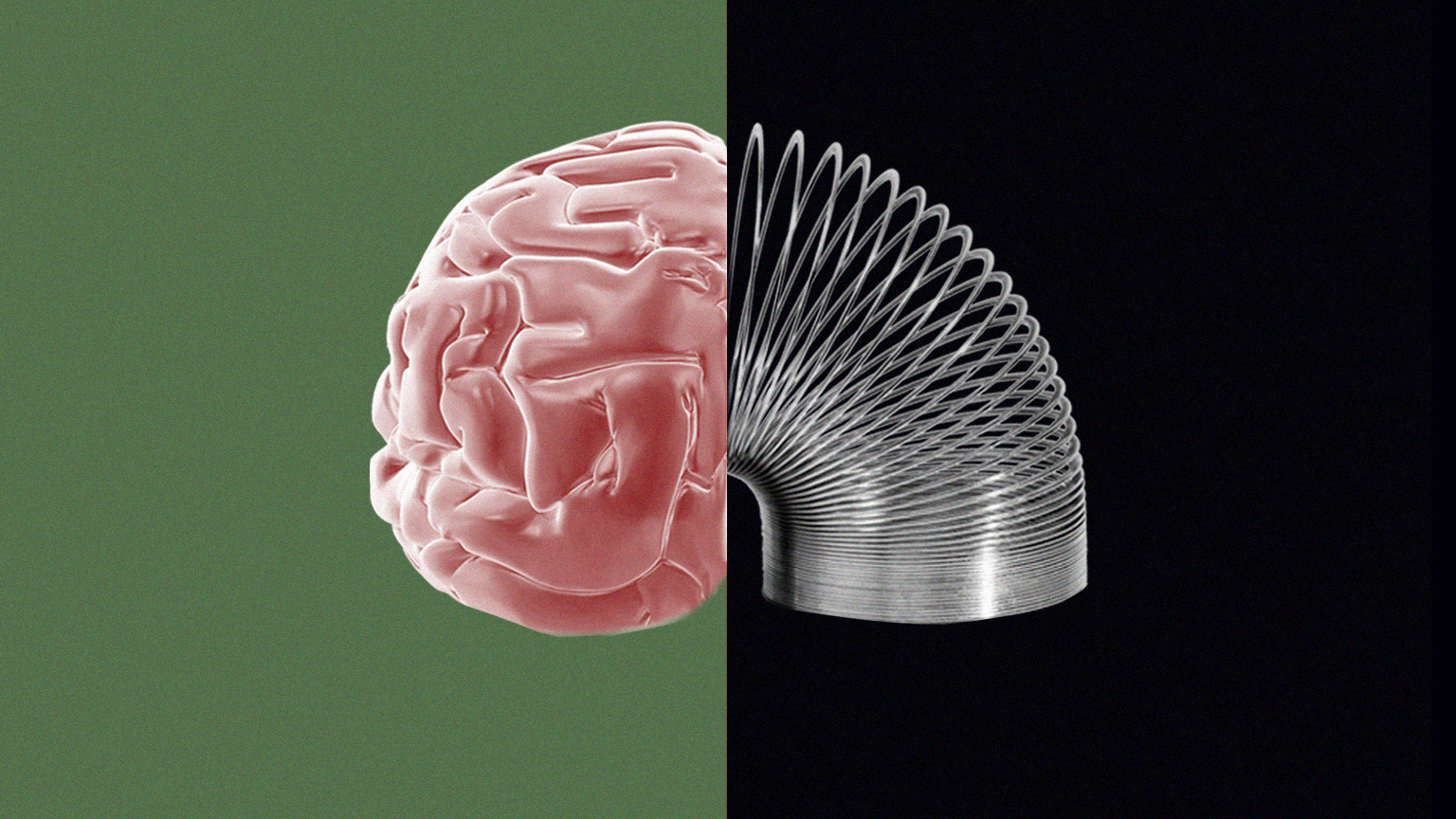
All Stories
There is no sure-fire formula for success, but you can be better prepared to create your own.
Boredom isn’t the enemy; it’s a catalyst for changing your relationship to work.
Retired astronaut Ron Garan believes that before we can begin solving our problems, we must understand our interrelatedness through the “orbital perspective.”
“Kids are always asking two questions of parents: ‘Am I safe?’ and ‘Am I real?'”
Wizbang innovations capture the public’s imagination, but thoughtful, incremental development is often more valuable to those in need.
You only have 4,000 weeks of life. Use them wisely.
You don’t have to be an emperor to apply these rules to daily living.
By challenging your preconceptions, art offers a framework by which you can solve problems.
Contrary to popular research, people with more money are happier, but it’s their spending habits, not their account balances, that move the dial.
Antidepressants can help alleviate PTSD symptoms when paired with psychotherapy, but does our overenthusiasm for them blind us to more effective alternatives?
Today’s careers don’t offer a clear path forward, but the rewards can be worth more than a gold watch at retirement.
You don’t need to ride into the danger zone to take advantage of TOPGUN’s life and career lessons.
People think that unhappiness causes our minds to wander, but what if the causation goes the other way?
Women have made incredible gains into STEM fields, but they continue to face gender biases in the workplace.
Perfectionism is on the rise, and its consequences for mental health can be devastating. The Japanese philosophy of “wabi sabi” can help.
Summit Public Schools take a radically different approach to education. And it’s working.
Creativity and achievement require balancing hard work with the restful power of calm.
Not all stress is created equal.
Because there’s not enough Walden pond to go around.
Mixed messages and competing interests have left college students feeling lost and stressed.
Alzheimer’s disease is frightening, but the right combination of lifestyle choices can reduce your risk.
Unplugging only ignores the hard work of overcoming your distractions.
Fulfillment at work isn’t about finding your passion; it’s about cultivating the relationships that create a sense of belonging.
Brands manufacture meaning through consensus; people must strive to create their own.
Being more creative doesn’t require a ‘Muse.’ It’s about pairing intelligence and imagination.
Your inner voice can be the devil on your shoulder or the angel. It depends on where your focus lies.
To reap the benefits of digital technologies, we must contend with their addictive designs.
Is college worth it? This question may seem a no-brainer, but there are many reasons why it is worthy of serious deliberation. Here are three.
Elastic thinking can reveal the assumptions that hamstring our ability to solve seemingly intractable problems.
People underestimate their opponent’s capacity to feel basic human sensations. We can short-circuit this impulse through moral reframing and perspective taking.

